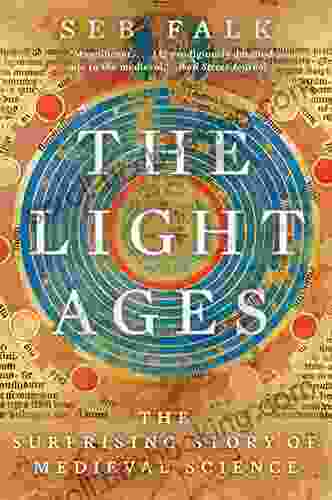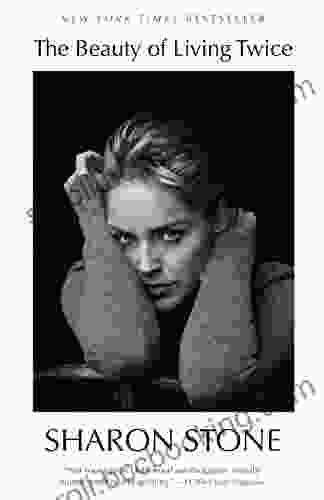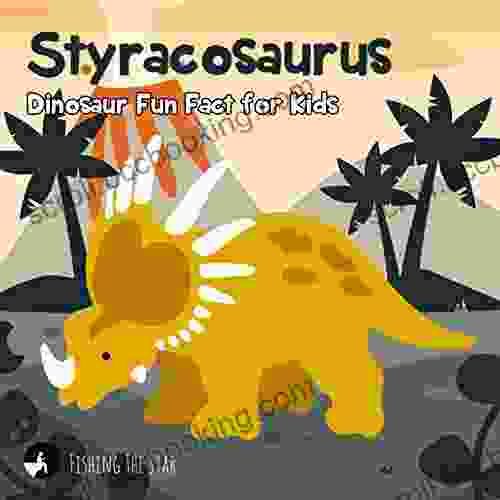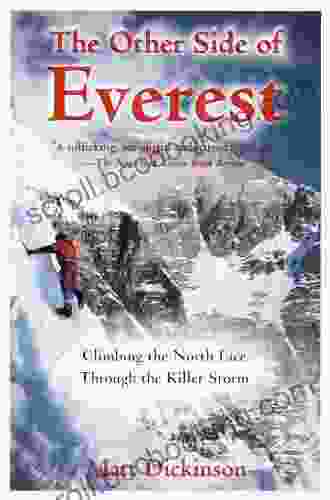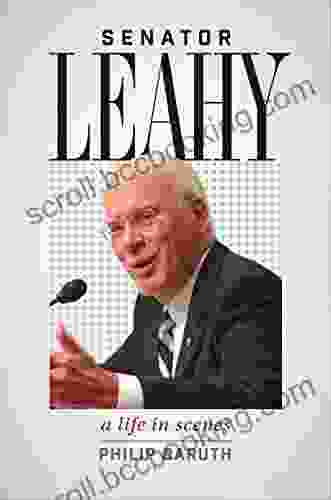Unveiling the Secrets: The Surprising Story of Medieval Science

Step back in time and witness the remarkable era of medieval science, an epoch often shrouded in misconception and undervalued. In the shadows of towering cathedrals and the hushed whispers of scriptoria, a vibrant scientific revolution quietly took root, laying the foundation for the modern world we know today.
4.4 out of 5
| Language | : | English |
| File size | : | 25476 KB |
| Text-to-Speech | : | Enabled |
| Screen Reader | : | Supported |
| Enhanced typesetting | : | Enabled |
| X-Ray | : | Enabled |
| Word Wise | : | Enabled |
| Print length | : | 398 pages |
Rediscovering the Scientific Heritage of the Middle Ages
Contrary to popular belief, the Middle Ages were not a period of intellectual stagnation. In fact, it was a time of immense scientific progress and discovery, driven by insatiable curiosity, experimentation, and a thirst for knowledge.
Medieval scholars, often working within the framework of Aristotelian thought, synthesized ancient Greek knowledge with newly acquired ideas from the Islamic world. They translated, studied, and expanded upon the works of Aristotle, Galen, and other ancient masters, fostering a fertile environment for innovation and discovery.
Alchemy: The Quest for Transformation
One of the most fascinating aspects of medieval science was alchemy, a precursor to modern chemistry. Alchemists sought to unravel the mysteries of matter and its transformations, believing that all things were composed of four elements: earth, air, fire, and water. Through experimentation and trial and error, they made significant advancements in metallurgy, pharmaceuticals, and the development of laboratory techniques.
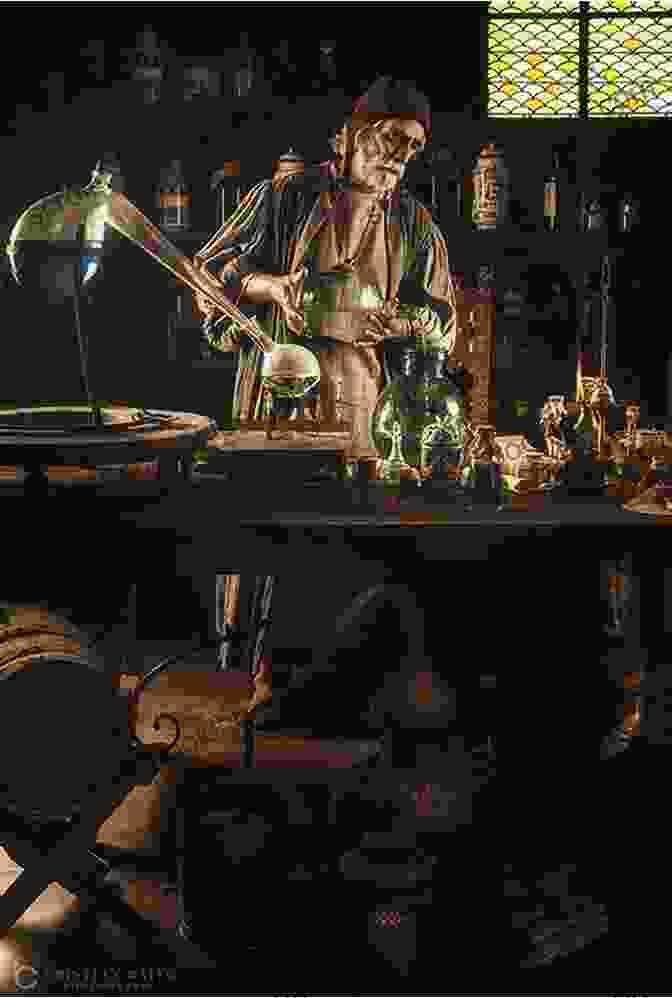
Medicine: Healing and Innovation
Medieval physicians made remarkable contributions to the field of medicine. Building upon the foundations of ancient Greek medicine, they developed new techniques for diagnosis and treatment, including bloodletting, surgery, and the use of herbal remedies.
Scholars like Avicenna, known as the "Father of Modern Medicine," compiled vast medical encyclopedias, which became indispensable resources for physicians for centuries to come.
Astronomy: Mapping the Heavens
Medieval astronomers carefully observed the celestial sphere, meticulously tracking the movements of the stars and planets. They developed new instruments, such as the astrolabe, and made significant advancements in trigonometry and spherical astronomy.
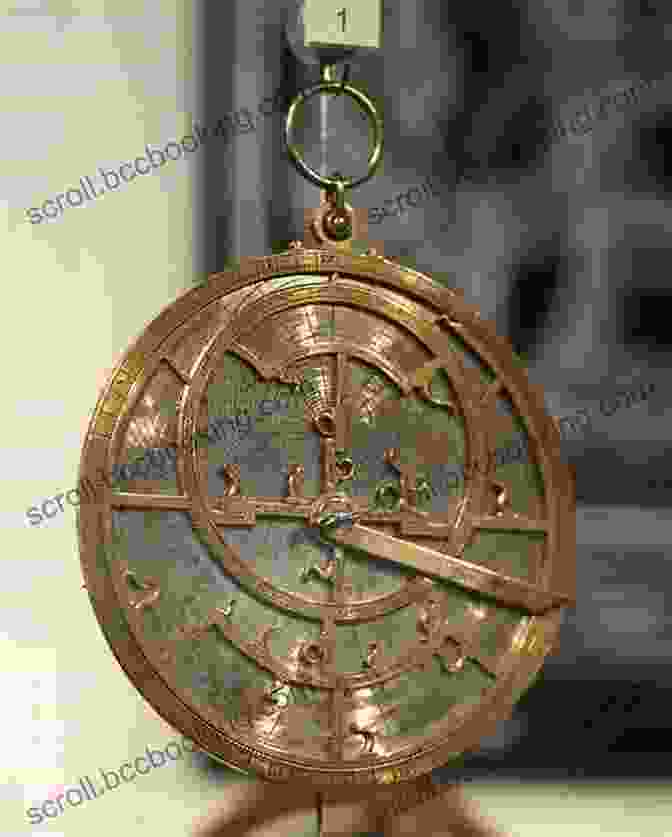
Technology and Innovation
Medieval engineers and artisans were renowned for their ingenuity and technological prowess. They invented the printing press, the mechanical clock, and the astrolabe, among other groundbreaking innovations.
Their water mills, windmills, and irrigation systems revolutionized agriculture and industry, while their architectural achievements, such as Gothic cathedrals and fortified castles, showcased their exceptional skill and understanding of physics.
The Legacy of Medieval Science
The scientific revolution of the Middle Ages laid the groundwork for the Scientific Revolution of the 16th and 17th centuries. Ideas, inventions, and discoveries made during this period paved the way for the development of modern science, technology, and medicine.
The legacy of medieval science is vast and far-reaching, shaping the world we live in today. From the basic principles of physics and chemistry to the tools and techniques we use, we are indebted to the brilliant minds of medieval scholars who dared to question, experiment, and push the boundaries of human knowledge.
The story of medieval science is one of curiosity, innovation, and the relentless pursuit of knowledge. It is a testament to the human spirit's capacity for discovery and the power of ideas to transform the world.
By unveiling the secrets of medieval science, we not only gain a deeper understanding of our past but also appreciate the enduring impact it has had on our present and future.
4.4 out of 5
| Language | : | English |
| File size | : | 25476 KB |
| Text-to-Speech | : | Enabled |
| Screen Reader | : | Supported |
| Enhanced typesetting | : | Enabled |
| X-Ray | : | Enabled |
| Word Wise | : | Enabled |
| Print length | : | 398 pages |
Do you want to contribute by writing guest posts on this blog?
Please contact us and send us a resume of previous articles that you have written.
 Book
Book Novel
Novel Page
Page Chapter
Chapter Text
Text Story
Story Genre
Genre Reader
Reader Library
Library Paperback
Paperback E-book
E-book Magazine
Magazine Newspaper
Newspaper Paragraph
Paragraph Sentence
Sentence Bookmark
Bookmark Shelf
Shelf Glossary
Glossary Bibliography
Bibliography Foreword
Foreword Preface
Preface Synopsis
Synopsis Annotation
Annotation Footnote
Footnote Manuscript
Manuscript Scroll
Scroll Codex
Codex Tome
Tome Bestseller
Bestseller Classics
Classics Library card
Library card Narrative
Narrative Biography
Biography Autobiography
Autobiography Memoir
Memoir Reference
Reference Encyclopedia
Encyclopedia Marilynn Reynolds
Marilynn Reynolds Juhea Kim
Juhea Kim Simon Needham
Simon Needham Matt Zwolinski
Matt Zwolinski Victoria Lewis
Victoria Lewis Michael Soussan
Michael Soussan Erich Krauss
Erich Krauss Michael Inden
Michael Inden Sam Childers
Sam Childers Eric Lengyel
Eric Lengyel Erica Hoke
Erica Hoke Nana Kwame Adjei Brenyah
Nana Kwame Adjei Brenyah Forrest Galante
Forrest Galante Eric Goldberg
Eric Goldberg Jonathan Silverman
Jonathan Silverman Jeffrey Flanagan
Jeffrey Flanagan Joyce Hicks
Joyce Hicks Robert Byrd
Robert Byrd Erica Katz
Erica Katz Jocelyn Harewood
Jocelyn Harewood
Light bulbAdvertise smarter! Our strategic ad space ensures maximum exposure. Reserve your spot today!
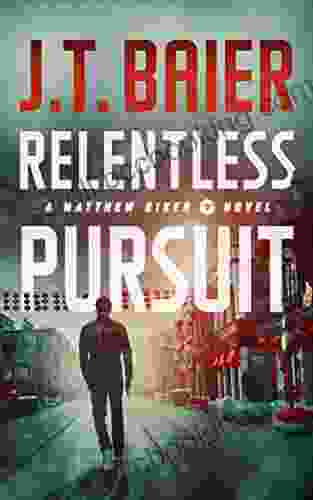
 Herman MitchellUncover the Secrets of Unstoppable Success with Relentless Pursuit by Matthew...
Herman MitchellUncover the Secrets of Unstoppable Success with Relentless Pursuit by Matthew... Gary ReedFollow ·10.2k
Gary ReedFollow ·10.2k Dan BellFollow ·9.9k
Dan BellFollow ·9.9k Gerald ParkerFollow ·6.7k
Gerald ParkerFollow ·6.7k Demetrius CarterFollow ·2.2k
Demetrius CarterFollow ·2.2k Darnell MitchellFollow ·9.7k
Darnell MitchellFollow ·9.7k Jedidiah HayesFollow ·8.5k
Jedidiah HayesFollow ·8.5k Nick TurnerFollow ·4.4k
Nick TurnerFollow ·4.4k Kenneth ParkerFollow ·6k
Kenneth ParkerFollow ·6k

 Roland Hayes
Roland HayesMagda: A Mother's Love, A Daughter's Redemption - A...
Immerse Yourself in the Captivating True Story...
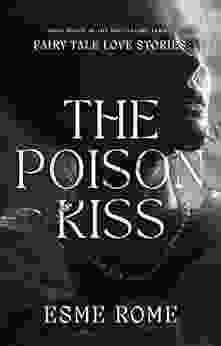
 Spencer Powell
Spencer PowellSnow White Retold: A Tale of Love, Magic, and...
Once upon a time, in...
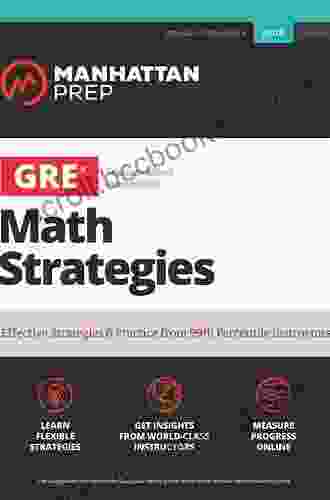
 Jake Powell
Jake PowellMaster the SATs with Effective Strategies from 99th...
The SATs are a challenging exam,...
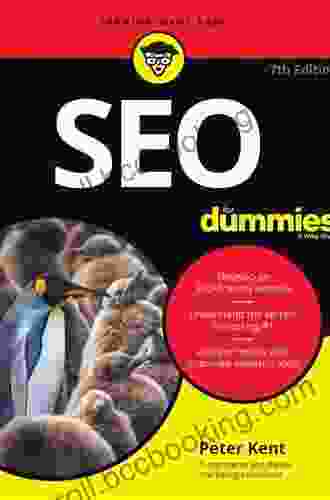
 Brian Bell
Brian BellSEO for Dummies: Unlock the Secrets to Search Engine...
In today's digital...
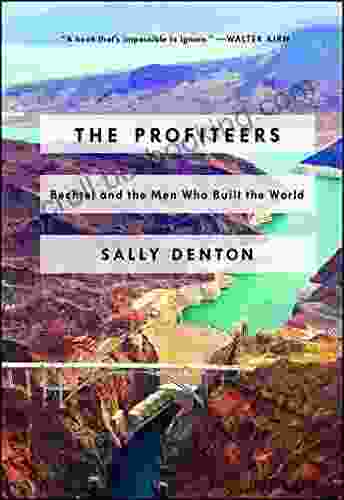
 Jaylen Mitchell
Jaylen MitchellBechtel: Unveiling the Unsung Heroes Who Built the World
In the annals of global infrastructure, the...
4.4 out of 5
| Language | : | English |
| File size | : | 25476 KB |
| Text-to-Speech | : | Enabled |
| Screen Reader | : | Supported |
| Enhanced typesetting | : | Enabled |
| X-Ray | : | Enabled |
| Word Wise | : | Enabled |
| Print length | : | 398 pages |


